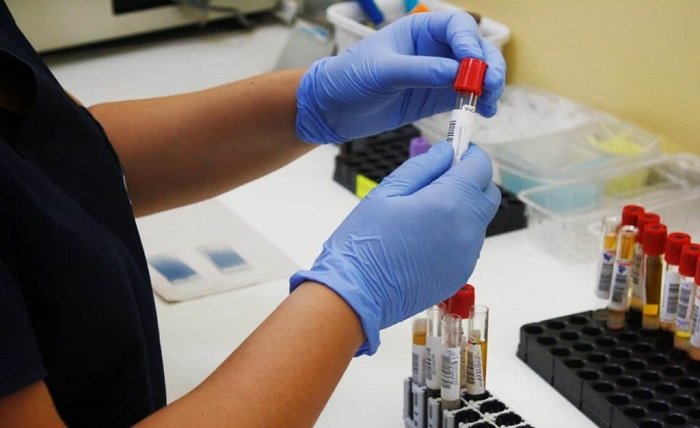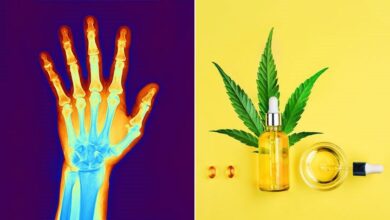Does CBD Show Up on a Drug Test: Exploring the Facts and Myths

CBD, or cannabidiol, has gained significant popularity in recent years for its potential health benefits. However, concerns about drug testing and CBD usage have raised questions among individuals who may be subject to such tests. This article aims to provide clarity on whether CBD can show up on a drug test and the factors that influence the likelihood of detection.
Understanding Drug Tests and CBD
Types of Drug Tests
To understand the relationship between CBD and drug tests, it’s crucial to be familiar with the different types of drug tests commonly used. The most common drug tests include urine tests, blood tests, saliva tests, and hair follicle tests. Each test has its own detection windows and sensitivities to different substances.
THC Content in CBD Products
One of the primary concerns regarding drug tests and CBD is the presence of THC, the psychoactive compound found in cannabis. While CBD products derived from hemp legally contain less than 0.3% THC, it’s essential to choose reputable brands that provide third-party lab test results to ensure compliance.
Factors Influencing Drug Test Results
CBD Isolate vs. Full-Spectrum CBD
CBD products are available in two main forms: CBD isolate and full-spectrum CBD. CBD isolate contains only cannabidiol, while full-spectrum CBD contains other compounds, including THC. The presence of THC in full-spectrum CBD increases the likelihood of it being detected in a drug test compared to CBD isolate.
Drug Test Sensitivity
Different drug tests have varying levels of sensitivity when detecting THC or its metabolites. Some tests are more sophisticated and can differentiate between THC and CBD, while others may produce false positives due to the cross-reactivity of certain substances. The sensitivity of the drug test plays a significant role in whether CBD shows up on the results.
Dosage and Frequency of CBD Use
The dosage and frequency of CBD use can also impact the likelihood of it showing up on a drug test. Higher doses and more frequent use may increase the chances of THC metabolites accumulating in the body, potentially resulting in a positive drug test.
Individual Metabolism
Individual differences in metabolism can affect how long THC or its metabolites stay in the body. Factors such as body weight, metabolism rate, and overall health can influence the duration of THC detection. Individuals with faster metabolisms may eliminate THC more rapidly, reducing the chances of it showing up on a drug test.
Debunking Common Myths
CBD Is Always Detected in Drug Tests
Contrary to popular belief, CBD alone is unlikely to be detected in a drug test. Standard drug tests do not specifically look for CBD, but rather for THC or its metabolites. As long as you are using CBD products that contain legally acceptable levels of THC, the chances of CBD showing up on a drug test are minimal.
CBD Products Are Always THC-Free
While reputable CBD brands strive to produce THC-free products, it’s important to note that full-spectrum CBD products legally contain trace amounts of THC. These amounts are typically below the threshold for detection in drug tests. However, it’s crucial to choose products from reliable sources that provide accurate lab test results.
Conclusion
CBD alone is unlikely to show up on a drug test. However, it’s crucial to be aware of the THC content in the CBD products you choose, as well as the sensitivity of the drug test being administered. By selecting reputable brands that provide lab test results and using CBD responsibly, you can enjoy the potential benefits of CBD without the fear of it affecting your drug test results.




